If you take amlodipine for blood pressure, you’ve probably seen headlines tying it to cancer. You want a straight answer, not noise. Here it is: the bulk of modern, high‑quality evidence does not show that amlodipine increases your overall cancer risk. A few older studies raised eyebrows, especially about breast cancer after long‑term use, but larger and better‑designed research since then hasn’t confirmed a causal link. You still shouldn’t stop your medication without a plan-uncontrolled blood pressure is far more dangerous than a hypothetical cancer signal.
- TL;DR
- Big picture: No proven link between Amlodipine and cancer in the latest large studies and randomized data.
- That 2013 breast cancer scare? Later, larger studies and meta-analyses didn’t reproduce it.
- Regulators (FDA/EMA/UK MHRA) haven’t found evidence to restrict amlodipine over cancer concerns.
- Your heart and brain benefit from controlled blood pressure; stopping meds suddenly is risky.
- If you’re uneasy, there are safe, evidence‑based ways to assess your personal risk and options.
What the evidence actually says (and how to read it without a PhD)
Why this matters: most people who click this topic want a clear bottom line, what the research really found, whether any group is at higher risk, and what to do next. So let’s translate the science into plain language and keep it practical.
Amlodipine is a calcium channel blocker (CCB) widely used for high blood pressure and angina. It’s been around for decades, so we have mountains of data-from small observational studies to massive randomized trials. The early headline that fueled worry came from a 2013 study in JAMA Internal Medicine (Li et al.), which reported a higher breast cancer risk in women using CCBs for 10 years or more. That got attention because a 10‑year exposure and a common drug class make an alarming combo.
But here’s what happened next: larger, more rigorous investigations followed. Think nationwide databases, multi‑country cohorts, and meta‑analyses that pool results. These newer studies generally found no significant increase in overall cancer risk with CCBs or amlodipine specifically. Two things helped calm the waters: better control for confounding (people on CCBs differ from those not on them), and more complete cancer registries that reduce bias.
Ballpark of the modern evidence:
- Randomized trials (where people are assigned to drug classes) have not shown an uptick in cancer with CCBs, including amlodipine. The Blood Pressure Lowering Treatment Trialists’ Collaboration (BPLTTC) pooled randomized data and found no class‑related bump in cancer incidence.
- Large observational studies in the UK, Scandinavia, and North America since 2016 reported no meaningful increase in overall cancer with long‑term CCB use. Some looked specifically at breast, prostate, lung, colorectal, and found null or inconsistent signals.
- Meta‑analyses in the late 2010s and early 2020s aggregating millions of participants concluded no causal link between CCBs and cancer overall. A few noted small, inconsistent signals in subgroups that didn’t hold up after sensitivity checks.
What about mechanisms? The hypothesis was that blocking calcium channels might affect cell growth and apoptosis. Interesting in theory, but lab and clinical data haven’t shown a consistent pro‑cancer pathway for amlodipine. If a real, sizeable effect were there, it likely would have surfaced by now in the randomized and registry data given how common this drug is.
Regulatory bodies have weighed in too. The FDA and EMA evaluated the totality of evidence during various safety reviews and did not issue restrictions on amlodipine for cancer risk. The UK’s MHRA also summarized evidence showing no clear increase. Remember, these agencies are quick to act when a consistent safety signal appears-think of how they handled NDMA impurities in certain ARBs a few years back. Amlodipine wasn’t the culprit in those recalls; valsartan was. Plain amlodipine has not been implicated in carcinogenic impurities.
Here’s a simple snapshot to anchor the data:
| Study/Source | Year | Design | Sample Size | Signal for Cancer? | Key Notes |
|---|---|---|---|---|---|
| JAMA Internal Medicine (Li et al.) | 2013 | Case-control (breast cancer) | ~2,000 women | Elevated risk with ≥10 years CCB use | Raised concern; modest size; potential confounding |
| BMJ nested case-control (UK) | 2016 | Observational using primary care records | Hundreds of thousands | No meaningful increase overall | Better confounder control; broad cancer outcomes |
| BPLTTC pooled randomized trials | 2021 | Individual participant meta‑analysis | >300,000 across trials | No class‑related increase | Randomization reduces bias; strong evidence |
| JAMA Network Open pooled cohort | 2022 | Multi‑cohort observational | Millions | No link for CCBs overall | Extensive sensitivity analyses; null results consistent |
| Multiple meta‑analyses of CCBs | 2018-2023 | Systematic reviews and meta‑analyses | Aggregate of millions | Null or inconsistent signals | No reproducible cancer pattern with amlodipine |
Putting numbers in perspective helps. If someone claims a “30% increase,” ask: 30% of what baseline? For a hypothetical person with a 10‑year baseline cancer risk of 10%, a real 30% relative increase would raise it to 13%. But most modern studies don’t show that kind of effect with amlodipine. The best estimate for overall cancer with CCBs is near “no difference.”
Two caveats worth your time:
- Drug class ≠ single drug effect. Evidence is strongest for the class (CCBs) being neutral; within the class, amlodipine is the workhorse with plenty of neutral data.
- Signal vs. signal drift. When many studies are run, some will show a positive result by chance. Replication across different settings is what counts. We haven’t seen consistent replication of a harmful signal with amlodipine.
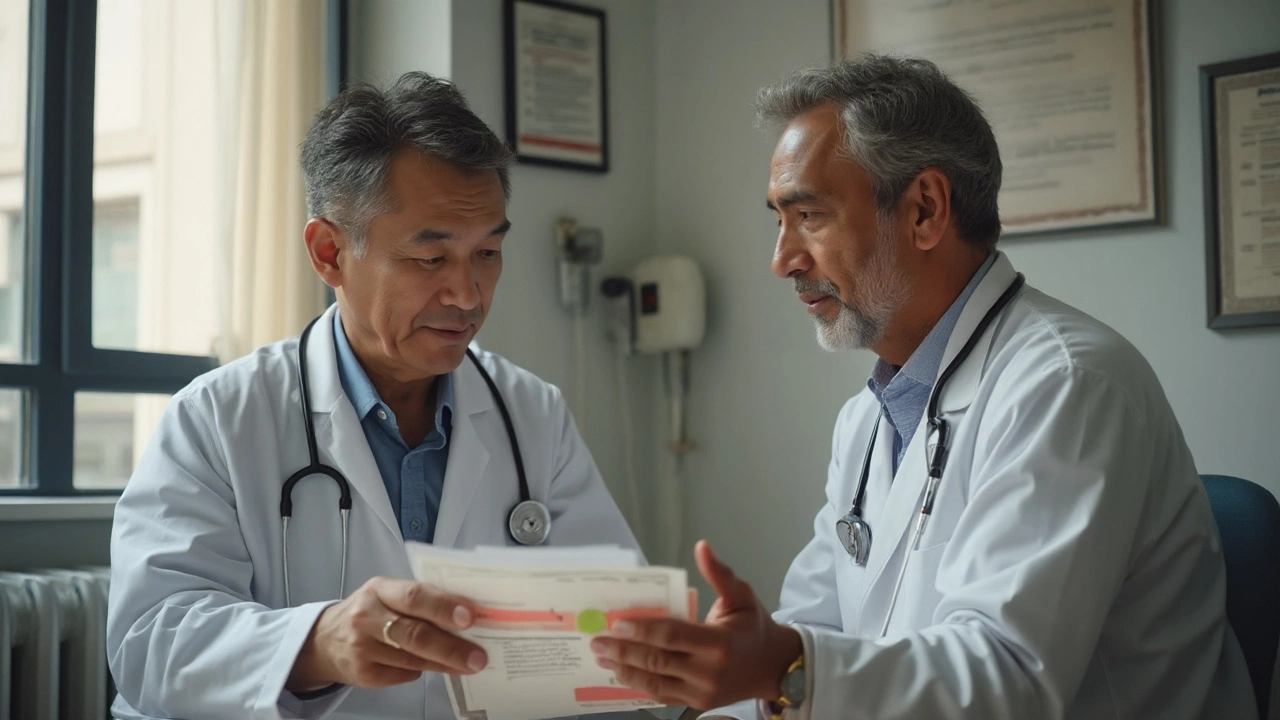
What this means for you right now (risk, benefits, and smart choices)
Here’s the uncomfortable truth: high blood pressure silently damages your arteries, eyes, kidneys, heart, and brain. Amlodipine is good at lowering blood pressure and preventing strokes and heart attacks. Those benefits are solid and immediate. Any hypothetical cancer signal from amlodipine would need to be both real and large to outweigh those gains-and the best data say it isn’t.
So, what should you do if you’re worried?
- Do not stop amlodipine abruptly. Rebound hypertension and stroke risk aren’t worth it. If you want to switch, do it with your clinician so your numbers stay controlled.
- Check your personal cancer risk baseline. Family history, smoking, alcohol, obesity, and age drive cancer risk more than your blood pressure med does. Reducing those will move the needle much more.
- Get the screenings you’re due for. Mammogram, colonoscopy/colorectal screening, lung CT if you qualify, cervical and prostate screenings per guidelines. Good screening is the best “anti‑cancer” strategy most of us have.
- If side effects bother you (ankle swelling is common), ask about dose adjustment, split dosing, adding a diuretic/ACE inhibitor, or switching classes. Quality of life matters.
Decision checklist (use this before changing anything):
- Is your blood pressure at goal (typically <130/80 for most high‑risk adults)?
- Any family history that changes your cancer screening schedule?
- Do you smoke or vape? Fixing that trumps any medication tweak for cancer risk.
- Have you had a recent, guideline‑based screening? If not, schedule it.
- Which side effect is pushing you to switch? Rate it from 1-10. Is it manageable with a dose change?
- What alternative would you consider (ACE inhibitor, ARB, thiazide, or a different CCB)?
Common alternatives if you still want out:
- ACE inhibitors (e.g., lisinopril): heart‑ and kidney‑friendly, but cough in some.
- ARBs (e.g., losartan): like ACE inhibitors without the cough, generally well tolerated.
- Thiazide‑type diuretics (e.g., chlorthalidone): potent BP lowering; watch sodium, potassium, and in long‑term high‑dose use there have been signals for non‑melanoma skin cancer with hydrochlorothiazide, so sun protection matters.
- Another CCB (e.g., felodipine): may change side‑effect profile, but not necessary for cancer concerns.
How to talk to your clinician (and keep it brief but effective):
- Lead with your goal: “I want my blood pressure controlled and I’m worried about cancer.”
- Ask for numbers: “What’s my 10‑year cardiovascular risk? What’s my cancer screening schedule?”
- Give trade‑offs: “If we switch, which option keeps my BP controlled with the fewest side effects?”
- Agree on a follow‑up: “Let’s recheck my BP and side effects in 4-6 weeks after any change.”
Quick reality check: lifestyle changes dwarf tiny, theoretical medication cancer effects. If you want an action that pays off, focus here:
- Move 150 minutes per week (brisk walks count). Your arteries will thank you.
- Eat more plants, less sodium. A DASH‑style approach lowers BP as much as a pill in some people.
- Keep alcohol light or skip it. Alcohol is a known carcinogen; cutting down is direct risk reduction.
- Don’t smoke. If you do, quitting is the single best anti‑cancer and heart‑saving move you can make.
Personal note from the real world: I hear this question at the dog park while my husky tries to befriend everyone. Most folks want the same thing-clear odds and a plan. The plan above is what works in clinic rooms and kitchen tables alike.
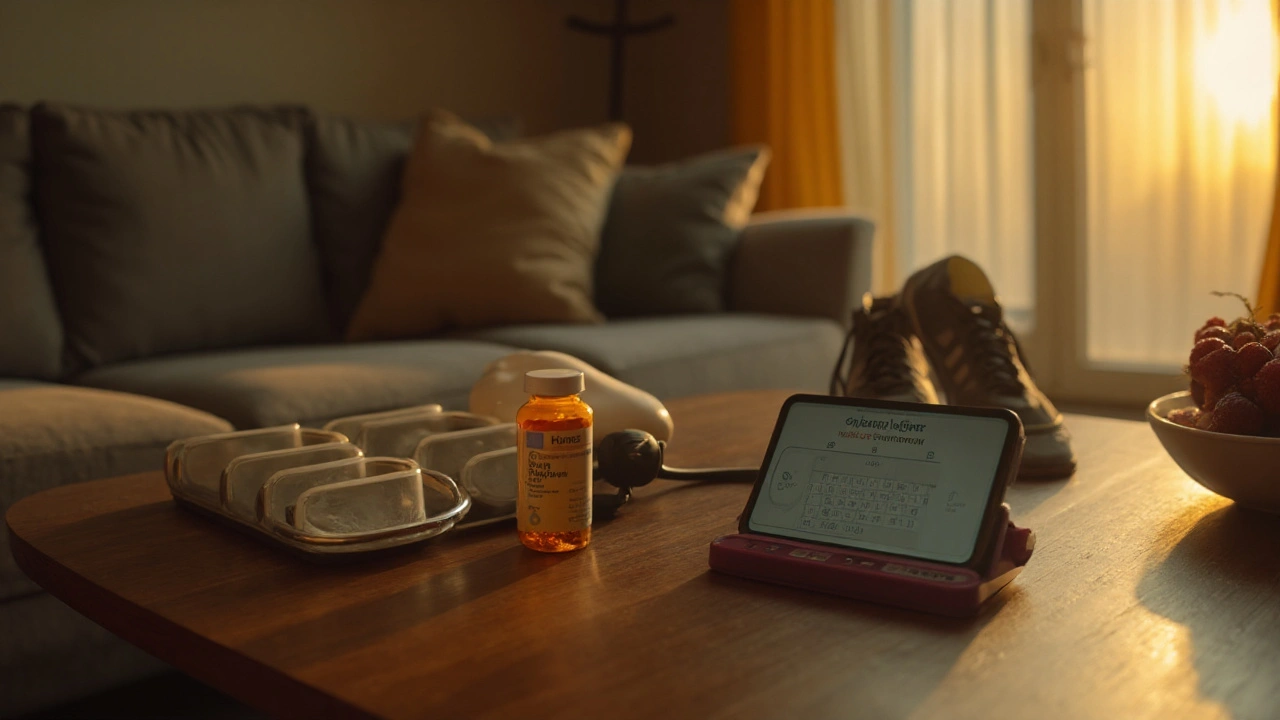
Your action plan, scenarios, and quick answers (FAQ inside)
Here’s a simple, stepwise plan you can use today.
- If you’re on amlodipine and not having bothersome side effects: stay the course, keep BP logs, and stay on top of screening. Bring any new lumps, unexplained weight loss, or bleeding to your clinician quickly-those are red flags regardless of medication.
- If you’re on amlodipine and worried: schedule a chat with your clinician. Ask for a personalized risk check and discuss alternatives. If you switch, taper and replace under supervision so BP doesn’t spike.
- If you have a personal or strong family cancer history: don’t panic. Use it to optimize screening and lifestyle. There’s no strong evidence you must avoid amlodipine solely because of that history.
- If you’re starting BP meds for the first time: amlodipine is a reasonable first‑line option among several. Choice depends on your age, race/ethnicity, kidney status, and other conditions.
Pro tips and pitfalls:
- Pro tip: If your ankles swell on amlodipine, ask about adding an ACE inhibitor or ARB. The combo often reduces edema without losing BP control.
- Pitfall: Chasing perfect BP with three switches in two months. Make one change at a time and give it 4-6 weeks unless you’re having a true adverse reaction.
- Pro tip: Track home BP at the same times each day, seated, feet on the floor, after five minutes of rest. Averaging three readings beats one rushed number.
- Pitfall: Assuming every headline applies to you. Look for large, replicated studies and regulatory summaries.
Mini‑FAQ
- Does amlodipine cause cancer? The best available evidence says no. Randomized data and large cohort/meta‑analyses do not show a causal link.
- What about breast cancer specifically? A 2013 study suggested a risk with very long‑term CCB use, but several larger studies since then did not confirm it. Screening on schedule matters more.
- Is there any blood pressure drug clearly tied to cancer? Not as a class effect for standard drugs. There have been specific issues-like NDMA impurities with some ARBs in past recalls and a skin cancer signal with high cumulative hydrochlorothiazide exposure-none of which involve plain amlodipine.
- Should I switch to be safe? If amlodipine controls your BP and you feel fine, most clinicians would say stay with it. If you’re anxious or have side effects, a switch is reasonable-do it with a plan.
- Can I lower my cancer risk while on amlodipine? Yes: don’t smoke, limit alcohol, keep a healthy weight, move more, eat a plant‑forward diet, and follow screening guidelines.
- Is amlodipine safe long‑term? Yes. It’s one of the most commonly prescribed BP meds with extensive long‑term safety data.
- Any interactions I should know? Grapefruit can raise levels a bit; most people are fine, but moderate intake if you’re sensitive. Always list supplements-St. John’s wort and some others can affect drug metabolism.
What credible sources say (without the jargon):
- BPLTTC (Lancet Oncology, 2021): randomized trial meta‑analysis-no signal that BP drug class, including CCBs, raises cancer risk.
- BMJ (2016) and other large database studies: no meaningful increase in overall cancer with CCBs.
- JAMA Network Open (2022): pooled cohorts-no class‑wide association between antihypertensives and cancer.
- FDA/EMA/MHRA safety communications: no restrictions on amlodipine due to cancer concerns.
Next steps by scenario
- “I’m scared but my BP is controlled.” Keep taking it. Book a 15‑minute visit to review your screening schedule and, if desired, discuss a gradual switch.
- “My ankles are balloons.” Ask about dose timing, adding an ACE inhibitor/ARB, or switching classes.
- “I have a strong family history of breast/colon cancer.” Confirm earlier or more frequent screening. Medication choice can still prioritize BP control.
- “I want to switch.” Reasonable options: ACE inhibitor, ARB, or thiazide. Agree on a plan and follow‑up BP checks in 4-6 weeks.
A quick note on mindset: it’s normal to worry when you see cancer in a headline. Just remember how risk stacks up. High blood pressure is a known, major driver of heart attacks and strokes. Amlodipine reliably lowers that risk. The cancer link looks weak to nonexistent with current evidence. Use that to guide calm, practical decisions-and keep your focus on the changes that truly shrink risk.
Final thought worth keeping: your medication is one lever. The bigger levers-screening, tobacco, alcohol, weight, and movement-change the arc of your health far more. Pull those hard.


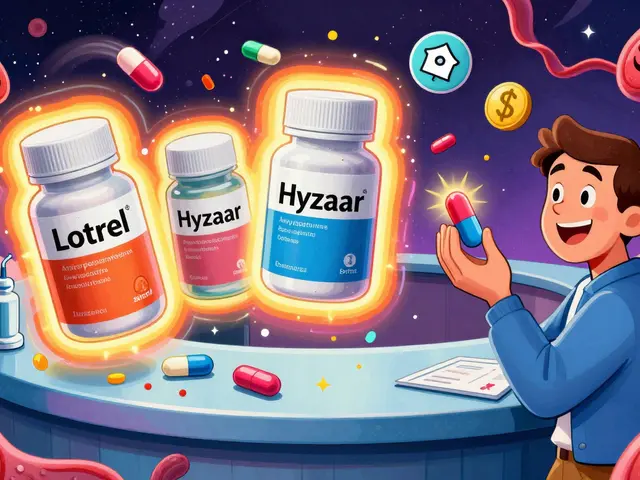
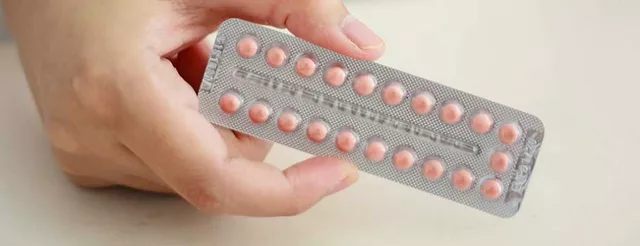
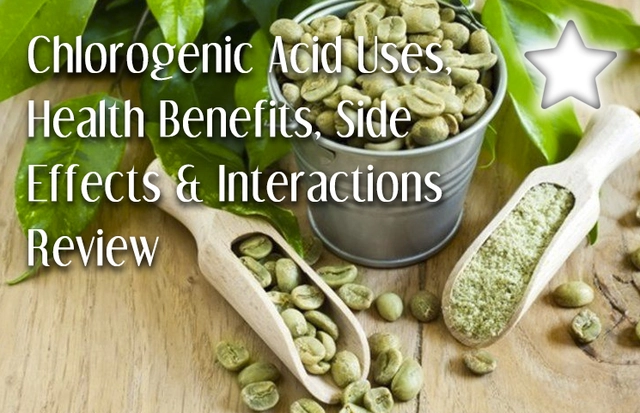
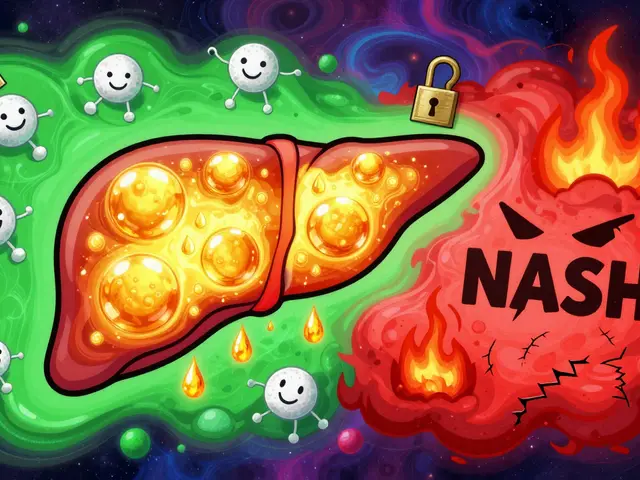

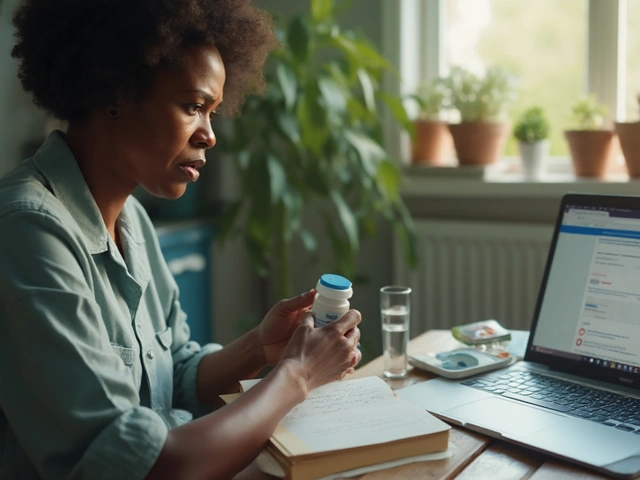
September 7, 2025 AT 00:51
Will RD
lol so if i take amlodipine im gonna get cancer? bro its a calcium blocker not a carcinogen. i’ve been on it 8 years and my bp is perfect. stop scrolling and start living.
September 7, 2025 AT 23:20
Jacqueline Anwar
It is imperative to underscore that the scientific consensus, as delineated in the post, is both unequivocal and robust: no causal association between amlodipine and malignancy has been substantiated by contemporary, high-fidelity epidemiological inquiry. To entertain otherwise is not merely misguided-it is a disservice to public health literacy. The 2013 study, while provocative, was methodologically flawed and has been conclusively superseded by meta-analyses encompassing millions of participants. To abandon evidence-based medicine in favor of headline-driven fear is, frankly, irresponsible.
September 8, 2025 AT 10:14
Ganesh Kamble
lol okay but have you seen the side effects? my cousin took this and his ankles looked like two watermelons. and now he’s got diabetes too. sure the ‘science’ says no cancer but who even wrote this? some pharma shill? they don’t tell you about the real shit-fatigue, dizziness, that weird tingling. i’m just sayin’… maybe don’t trust the system.
September 10, 2025 AT 04:19
Jenni Waugh
Ohhh so now we’re supposed to trust Big Pharma’s PR department over our own intuition? 🤡
Let me get this straight: you’re telling me a drug that’s been around since the 90s, prescribed to millions, with zero long-term red flags… is perfectly safe? 🙄
Meanwhile, the FDA approved opioids for chronic pain and now we’re drowning in graves. Do you really think they care if amlodipine gives you breast cancer? They don’t. They care about profit. And you? You’re just another statistic waiting to happen. 🧠💔
And don’t even get me started on ‘lifestyle changes’-sure, eat your kale, but your meds are still poisoning you slowly. Wake up. 🌍🔥
September 12, 2025 AT 01:20
Theresa Ordonda
Okay but… real talk? I was terrified after reading that 2013 study too 😭
Then I talked to my cardiologist, got my screenings done (all clear!), and started walking 30 mins a day. My BP is better than ever. 🏃♀️💚
Also, I switched from amlodipine to lisinopril because my ankles were puffing up like marshmallows 🍡-not because of cancer, just because swelling sucked.
Point is: your health isn’t a headline. It’s a conversation-with your doc, your body, and your choices. Don’t let fear hijack your life. You got this. 💪❤️